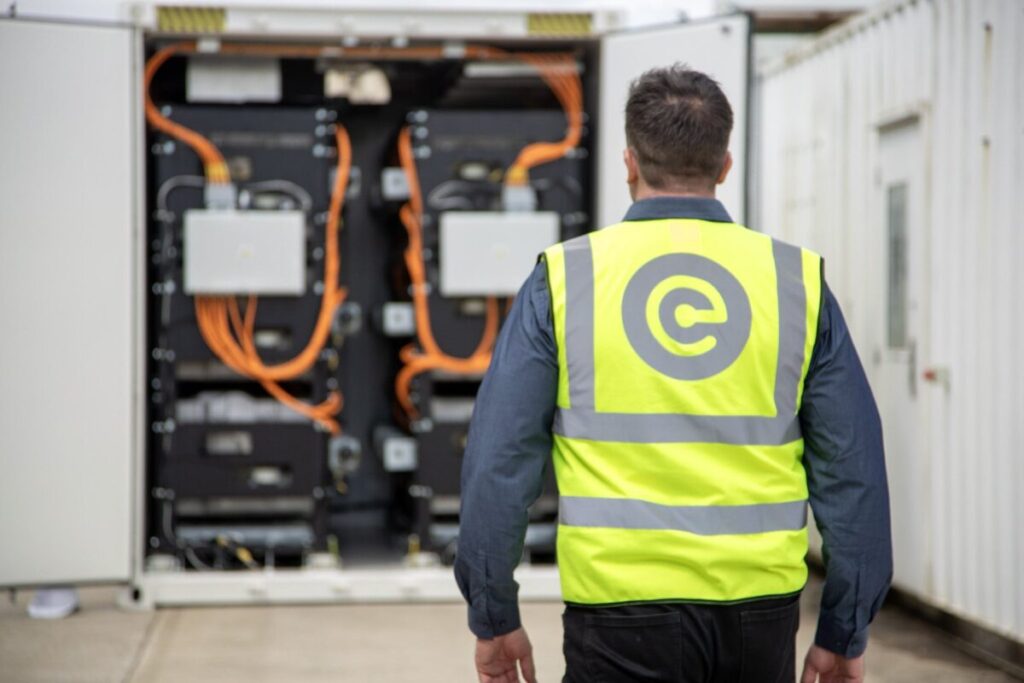A programme led by Nissan will build UK research and development (R&D) capability and strengthen the technical expertise of UK teams around zero emissions vehicles and batteries.
Connected Energy will lead on the second-life battery element of the project, building on its existing technology to deliver large-scale energy storage sites using electric vehicle (EV) batteries. The project strand will develop energy storage technology which uses multiple battery types with different states of health and performance characteristics.
The energy storage strand is part of a £30.1 million consortium project led by Nissan. It includes £15 million of Advanced Propulsion Centre UK (APC) funding and aims to strengthen the UK’s capabilities in EV battery reuse, recycling and grid balancing.
Connected Energy will be able to demonstrate the ability of second life systems to compete with new lithium-ion systems; the company designs and develops systems that overcome grid capacity issues, maximise renewable energy use, and provide energy resilience.
Matthew Lumsden, CEO of Connected Energy, said: “Our goal is to develop and demonstrate a pioneering economic model for large-scale second life energy storage systems that can be easily scaled up further and replicated.”
Currently, Connected Energy produces 300kW systems designed for smaller scale industrial and commercial applications. Recently, Current± sat down with Lumsden to hear how Connected Energy deploys second life battery storage for both the storage and EV industries.
The project with Nissan is key to the company’s strategy to scale-up its technology ready for the wave of second life batteries that will become available in the next few years. The multi-megawatt system to be deployed by Connected Energy will become operational in 2025.
Giving their batteries a second life enables EV manufacturers and other battery owners to further monetise their batteries for several years before they are recycled. Project partners also include lithium battery recycling experts Altilium.
Lumsden added: “This is a groundbreaking project combining the expertise of the UK’s biggest EV manufacturer, one of the world’s most advanced second life companies, and recycling pioneers Altilium. Bringing together these key players has the potential to create a world first in the creation of a model for true battery circularity.”






